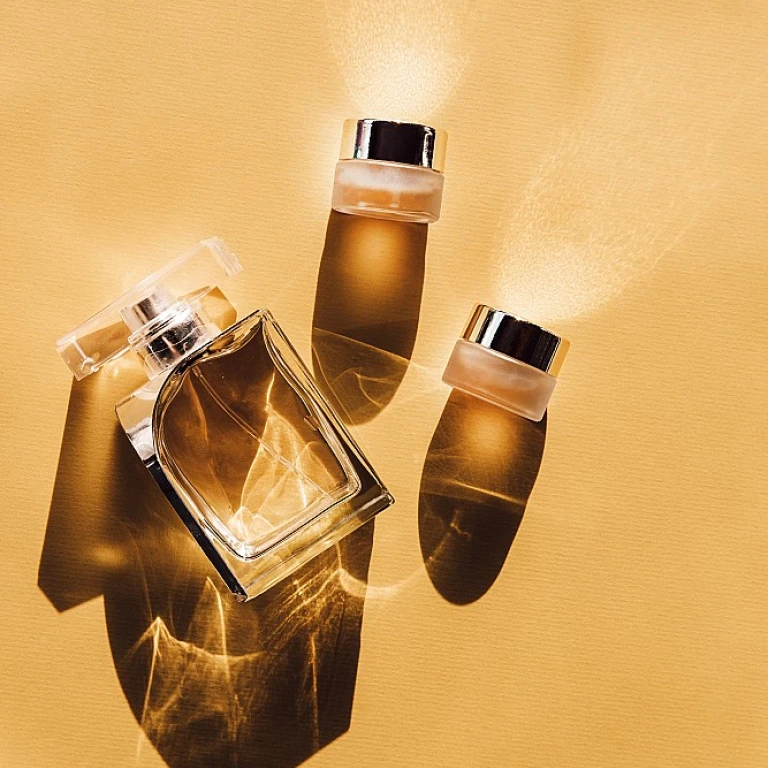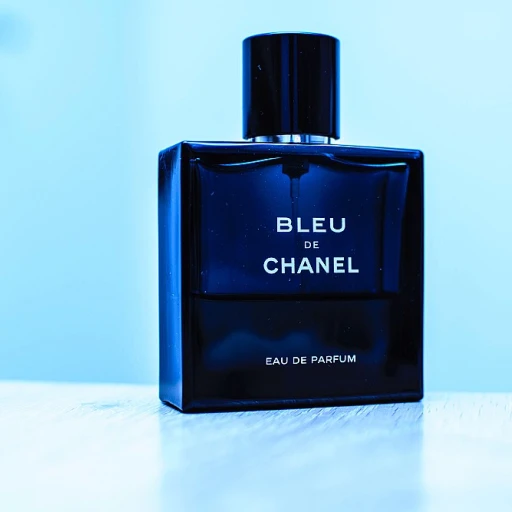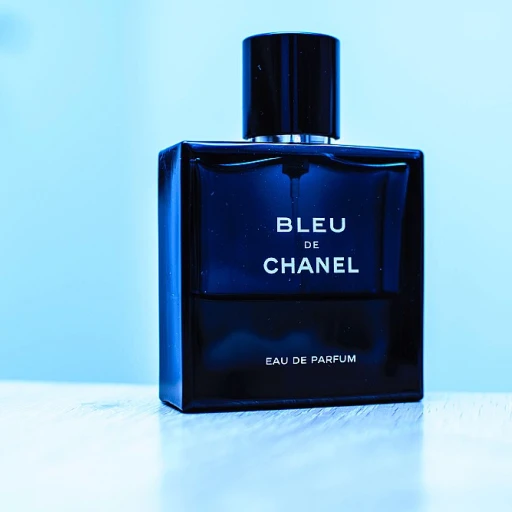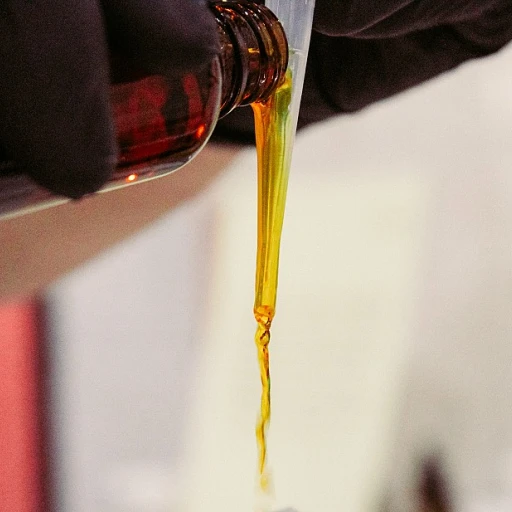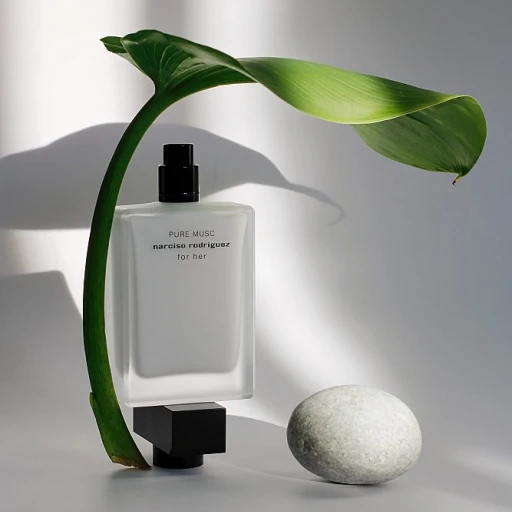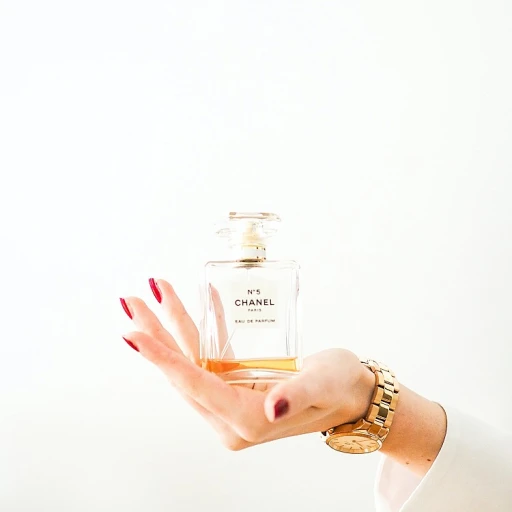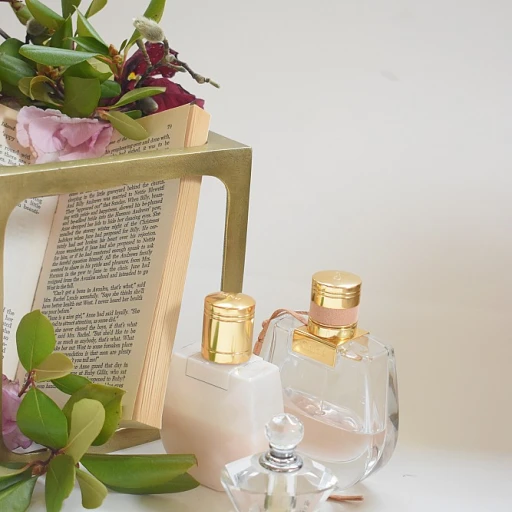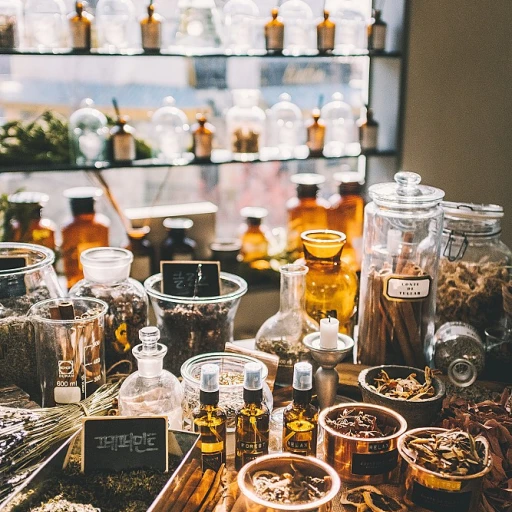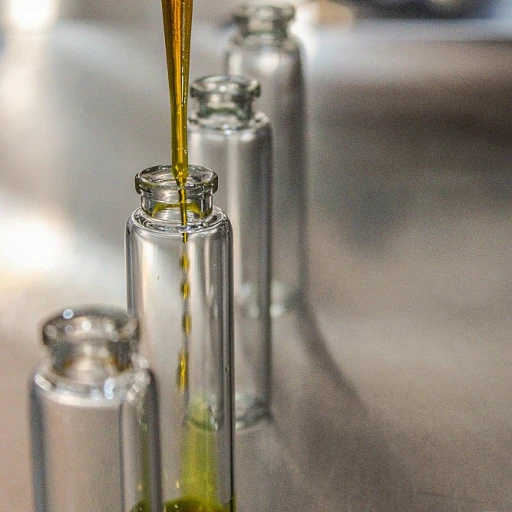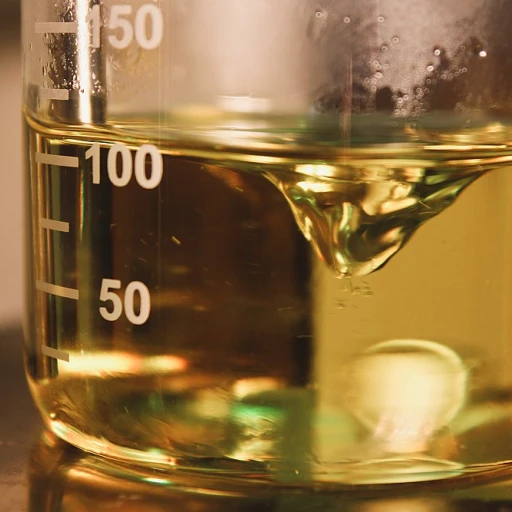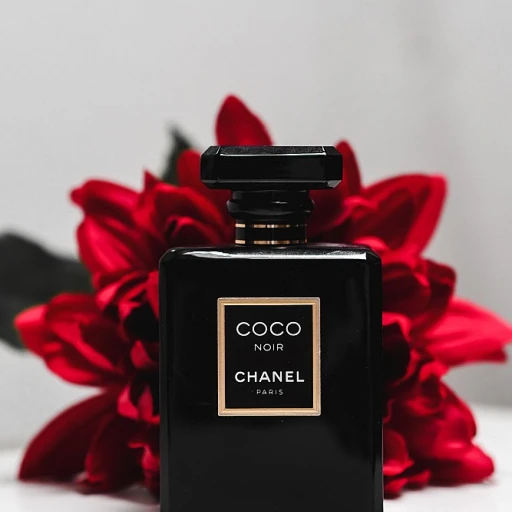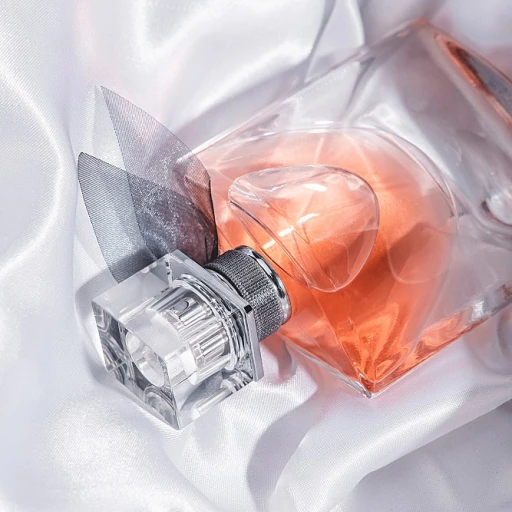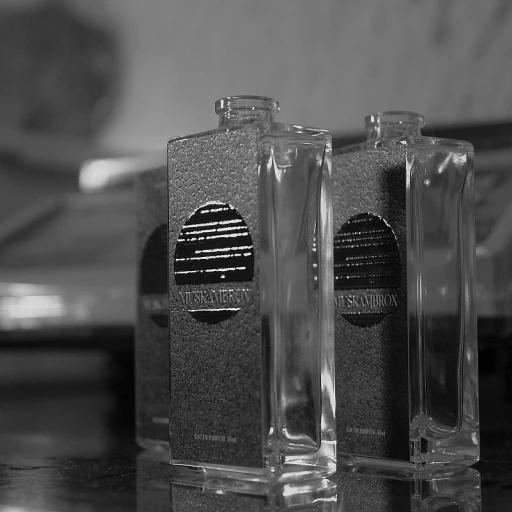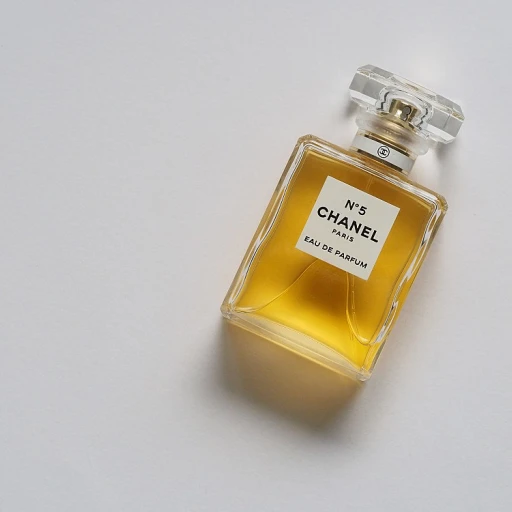
The Mystique of Ambergris
Unveiling the Enchanting Essence of Ambergris
When it comes to fragrances, few ingredients capture the imagination quite like ambergris. Often referred to as "floating gold," this precious substance has been a coveted ingredient in the world of perfumery for centuries. Its allure lies not only in its rarity but also in the complex, multifaceted scent it imparts, often described as both sweet and earthy, with a hint of oceanic freshness.
Ambergris is a natural substance formed in the digestive system of sperm whales, making it an exceptionally rare find. Its discovery typically occurs on ocean shores, having been cast away by the ocean waves. This natural occurrence adds to the mystique surrounding ambergris, as it is not only a product of nature but also a serendipitous treasure that must be found rather than harvested.
The scent profile of ambergris in perfume is unique. It can enhance the other notes of a fragrance, adding depth and complexity to the composition. This makes it a favored component among high-end perfumers who seek to create luxurious and unforgettable scents. Whether featured in a perfume spray or lovingly blended into a natural solid perfume, ambergris stands out for its unparalleled ability to enhance the olfactory experience.
While the historical allure of ambergris remains intact, the costs associated with its use have led to discussions about synthetic alternatives. Additionally, the ethical and environmental considerations surrounding its procurement add another layer of complexity to its use in modern perfumery. Yet, despite these conversations, the charm of natural ambergris retains its hold over perfume aficionados seeking that distinctive, enthralling scent.
Ambergris in Perfumery: A Historical Perspective
The Allure of Rare and Mysterious Scents
The use of ambergris in perfumery has a storied history, rich in tradition and mystery. Ambergris, often likened to 'floating gold' for its rarity and value, has been a coveted ingredient for centuries. Its unique ability to fix scent and bestow it with an unmatched depth has made it a staple in many classic and high-end fragrances. Perfume enthusiasts recognize ambergris not only for its rarity but also for its multifaceted aroma. When fresh, it exudes a marine scent, reminiscent of the sea's embrace; over time, it matures into a sweet, earthy odor, providing an exquisite foundation for a variety of fragrances including oud and other rare and mysterious scents. The allure of ambergris in perfumery is also tied to its association with luxury and exclusivity. Historically, perfumes containing natural ambergris were signs of affluence and sophistication. These items were meticulously crafted, symbolizing a commitment to quality and artistry that continues to attract perfume connoisseurs today. In current times, the price of ambergris perfumes can significantly vary due to factors such as concentration and composition—ranging from solid perfumes to perfume oils and sprays. This variability ensures that there is an ambergris-laced fragrance available for every preference and occasion. Understanding the significance of ambergris in perfumery enhances its appeal. It not only offers an enriching olfactory experience but also connects users to an enduring heritage woven through centuries of fragrance evolution.Factors Influencing Ambergris Perfume Prices
The Complexities Shaping Ambergris Perfume Costs
The allure of ambergris in the fragrance world is not only due to its captivating scent but also its rarity and the intricate factors affecting its price. Recognizing the economic and environmental components helps us to understand why this exquisite substance commands such a significant premium in the world of perfumery. To begin with, the organic and enigmatic origin of ambergris plays a substantial role in its value. Unlike other fragrance ingredients that are cultivated or synthesized, ambergris is a rare natural occurrence found at sea, most often in coastal regions. This unique provenance makes it a more exclusive, and therefore pricier, component in perfumes. Other factors contributing to the cost of ambergris include its processing and conversion into perfume. After being harvested, ambergris must undergo several rigorous transformations to isolate the ambergris oil, which is essential for creating the sought-after ambergris musk. This labor-intensive process further contributes to the hike in price. When considering unit price variations, the form in which ambergris is used—whether in a natural solid or as an ambergris perfume spray—also makes a difference. Perfume oils and solid perfumes often include higher concentrations, leading to substantial differences in the price per unit compared to diluted eau de parfum sprays. Market demand and availability likewise play a critical role in determining prices. As the desire for exotic, natural fragrances like those composed with ambergris increases, so too does the regular price for such scents. This is evident in the context of collections trading under monikers such as "ambregis" or "oud white," where the supply doesn’t always meet the high consumer interest. Additionally, shipping and governmental regulations around harvesting and selling ambergris add to the overall expense. Ethical concerns and sustainability efforts actively influence pricing patterns, as consumers become increasingly conscientious about their choices. (For an interesting perspective on how certain ingredients impact fragrance costs, you can read more about aloe-infused creams). Price tags on ambergris-based perfumes often reflect these myriad considerations, ranging from price sale, price regular, to current price effects. Coupled with limited editions that promise exclusivity at a price usd that few commodities can rival, the buying process for perfume women or men turns into an event emblematic of luxury and distinction.Synthetic Alternatives and Their Impact
Evolution of Ambergris in Modern Perfumery
In today's competitive fragrance industry, the role of ambergris cannot be overlooked. Its presence, either as a natural ingredient or a synthetic alternative, significantly influences the fragrance DNA of many perfumes. Perfume enthusiasts often seek out the distinctive profile ambergris imbues, which combines depth with a unique warmth. This allure contributes to its status amongst the best-loved aroma compounds in the world. Synthetic substitutes have been developed to replicate the olfactory qualities of genuine ambergris while addressing ethical and environmental concerns. These alternatives have emerged at varying price points, offering consumers a broader choice between natural ambergris, natural solid, or synthetic options. The price of natural ambergris continues to drive perfume prices upward due to its rarity and complex harvesting process. On the other hand, synthetic ambergris offers a more affordable price regular while maintaining the sophistication expected in high-end perfumes. Hence, price sale tags may be encountered by consumers when brands decide to incorporate these alternatives without sacrificing the fragrance profile. Perfumers create diverse products, from eau de parfum sprays to solid and oil-based formulations, each catering to varied consumer preferences. Ambergris oil, in particular, adds an opulent finish, often featured in premium collections and perfume women lines. In addition, the ease of online purchase, with attributes such as free shipping on certain items or unit price transparency, allows enthusiasts to explore different scents without significant financial strain. The option to add cart new arrivals or buy sought-after perfumes during a sale maximizes accessibility, enabling a broader audience to experience the enchanting ambergris musk blended with notes of oud, amber, and white florals.The Ethical and Environmental Considerations
Balancing Ethics and Environmental Concerns
The ethical and environmental considerations surrounding ambergris are as multifaceted as its scent profile. Ambergris, a rare and natural solid perfume element, is renowned for its unique aroma and significant impact on perfume complexity and longevity. However, the use of ambergris has sparked numerous debates, primarily due to its origin and the potential ecological implications. The main ethical concern stems from the fact that ambergris is derived from sperm whales. While it is secreted naturally and can be found washed ashore, its association with a vulnerable marine species raises questions about the sustainability and morality of its use. Conservation bodies argue that purchasing ambergris may inadvertently encourage illegal whale hunting, harming marine ecosystems and disrupting the natural balance. To address these ethical challenges, some regulations and guidelines have been implemented, particularly in areas where ambergris is frequently discovered. These aim to ensure that the ambergris entering the market is ethically sourced, mitigating the risk of environmental damage. Consequently, this oversight contributes to variations in the price of ambergris, affecting the regular price and sale price of associated perfume items. In response to these ethical and environmental considerations, there is a growing demand for sustainable and responsible sourcing of natural ingredients in perfumery. This shift has prompted many perfume brands to explore synthetic alternatives, which not only aim to replicate the scent of natural ingredients like ambergris but also lessen the ecological footprint traditionally associated with perfume production. In summary, while the allure of ambergris continues to captivate the fragrance world, its ethical and environmental implications require careful consideration. As the industry moves towards more sustainable practices, fragrance lovers can expect innovative approaches to capture the essence of ambergris without compromising on ethical and environmental standards.Future Trends in Ambergris Perfume Pricing
Emerging Trends and Market Dynamics
The future of ambergris in the perfume industry is shaped by a blend of tradition and innovation. As the demand for unique and luxurious scents continues to grow, ambergris remains a coveted ingredient. However, several factors are influencing its future pricing and availability.
Increasing Demand and Limited Supply
Ambergris, often referred to as "floating gold," is a rare and natural solid substance. Its scarcity directly impacts its price, making it a premium choice for high-end perfumes. As more consumers seek out exclusive fragrances, the demand for ambergris-based perfumes is expected to rise. This could lead to higher prices, especially for those looking to buy the best ambergris perfume on sale.
Impact of Synthetic Alternatives
With advancements in synthetic fragrance technology, alternatives to natural ambergris are becoming more prevalent. These synthetic versions offer a more sustainable and ethical option, potentially reducing the pressure on natural ambergris supplies. However, purists who value the natural scent of ambergris may still prefer the original, despite the higher price.
Ethical and Environmental Considerations
The ethical sourcing of ambergris is increasingly important to consumers. As awareness grows, brands that prioritize sustainable practices may gain a competitive edge. This shift could influence the regular price and sale price of ambergris perfumes, as consumers are willing to pay a premium for ethically sourced items.
Technological Innovations
Technological advancements in fragrance formulation are also playing a role. The development of new extraction techniques and the use of ambergris oil in innovative ways could lead to new product offerings, such as perfume sprays and solid perfumes. These innovations may offer more affordable options without compromising on quality.
Conclusion
In conclusion, the future of ambergris in perfumery is a complex interplay of demand, innovation, and ethical considerations. As the market evolves, consumers can expect a diverse range of products, from traditional ambergris musk to modern eau de parfum, each with its own unique scent profile and price point.

